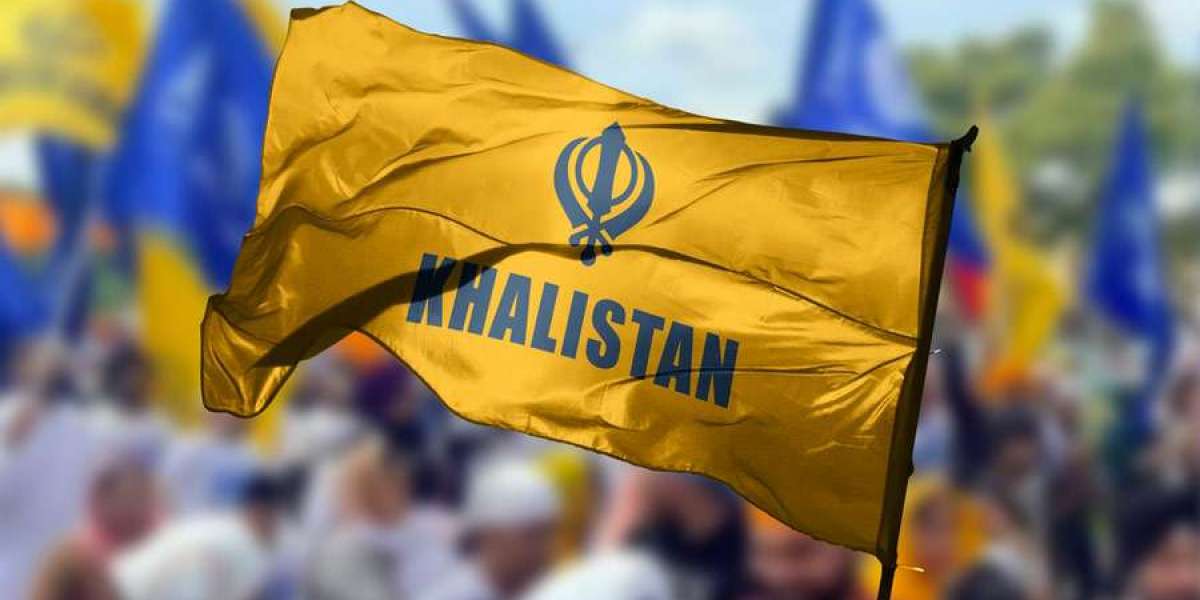Understanding the Khalistan Referendum
The Khalistan Referendum has sparked intense debate among political analysts, human rights activists, and global leaders. Aimed at gauging support for an independent Sikh state, the referendum is a controversial initiative led by Sikh separatist groups. While proponents see it as a legitimate democratic exercise, critics argue that it threatens national unity and stability. The movement has gained traction internationally, particularly among the Sikh diaspora, making it a crucial subject in global politics.
The Roots of the Khalistan Movement
The Khalistan Movement emerged in the mid-20th century as a demand for an independent Sikh homeland in Punjab, India. Fueled by historical grievances, political disputes, and alleged human rights violations, the movement saw its peak in the 1980s. Operation Blue Star, a military action at the Golden Temple in 1984, intensified Sikh separatist sentiments, leading to prolonged unrest in Punjab. While the movement was largely suppressed within India, it found a new life among Sikh communities in Canada, the UK, and the US, who now play a significant role in the Khalistan Referendum.
The Global Push for a Khalistan Referendum
The Khalistan Referendum is primarily driven by the Sikhs for Justice (SFJ), a US-based advocacy group calling for a non-binding vote on Sikh independence. Although not officially recognized by any government, the referendum has gained attention due to large-scale participation from the Sikh diaspora. Countries like Canada, the UK, and Australia have witnessed thousands of Sikhs casting symbolic votes, raising concerns about diplomatic tensions between these nations and India.
While the Indian government considers the referendum an unlawful act promoting separatism, SFJ argues that it is a peaceful democratic exercise. The group claims that Sikhs should have the right to self-determination, citing historical injustices and discrimination against their community.
Impact on India and International Relations
The Khalistan Referendum has strained India’s relations with several Western countries, particularly Canada and the UK, where pro-Khalistan activism is on the rise. India has consistently urged these nations to curb the activities of separatist organizations, arguing that they threaten its sovereignty.
On the other hand, supporters argue that democratic nations should allow peaceful political expression, even if it involves separatist aspirations. The situation remains delicate, as any escalation could lead to diplomatic conflicts and potential security threats.
The Khalistan Population and Its Role in the Referendum
The Khalistan population, or the global Sikh diaspora supporting the cause, plays a crucial role in the Khalistan Referendum. While Punjab itself has seen declining support for Khalistan over the years, many Sikhs living abroad remain vocal about their desire for a separate state. This disconnect between Sikhs in Punjab and the diaspora has led to debates about the referendum’s legitimacy.
Critics argue that those advocating for Khalistan from foreign lands are disconnected from ground realities in India. Many Sikhs in Punjab prioritize economic development and political stability over separatism. However, proponents of the referendum insist that global Sikh voices must be considered, as historical injustices and the Sikh identity transcend geographical boundaries.
Challenges and Future Prospects of the Khalistan Referendum
The future of the Khalistan Referendum remains uncertain. Without official recognition from the Indian government or international bodies, the referendum lacks legal standing. Additionally, internal divisions within the Sikh community further complicate the movement’s progress.
However, the issue is unlikely to disappear anytime soon. As long as Sikh diaspora communities continue advocating for Khalistan, the debate will persist, influencing diplomatic relations and shaping discussions on self-determination and minority rights.
Conclusion
The Khalistan Referendum is a deeply polarizing issue, with passionate arguments on both sides. While supporters view it as a step toward justice and self-determination, opponents see it as a disruptive force against India’s unity. As the movement continues to unfold, its impact on global politics, Sikh identity, and international relations will be closely watched. Whether it gains further traction or fades away remains to be seen, but its influence on Sikh history and contemporary geopolitics is undeniable.








